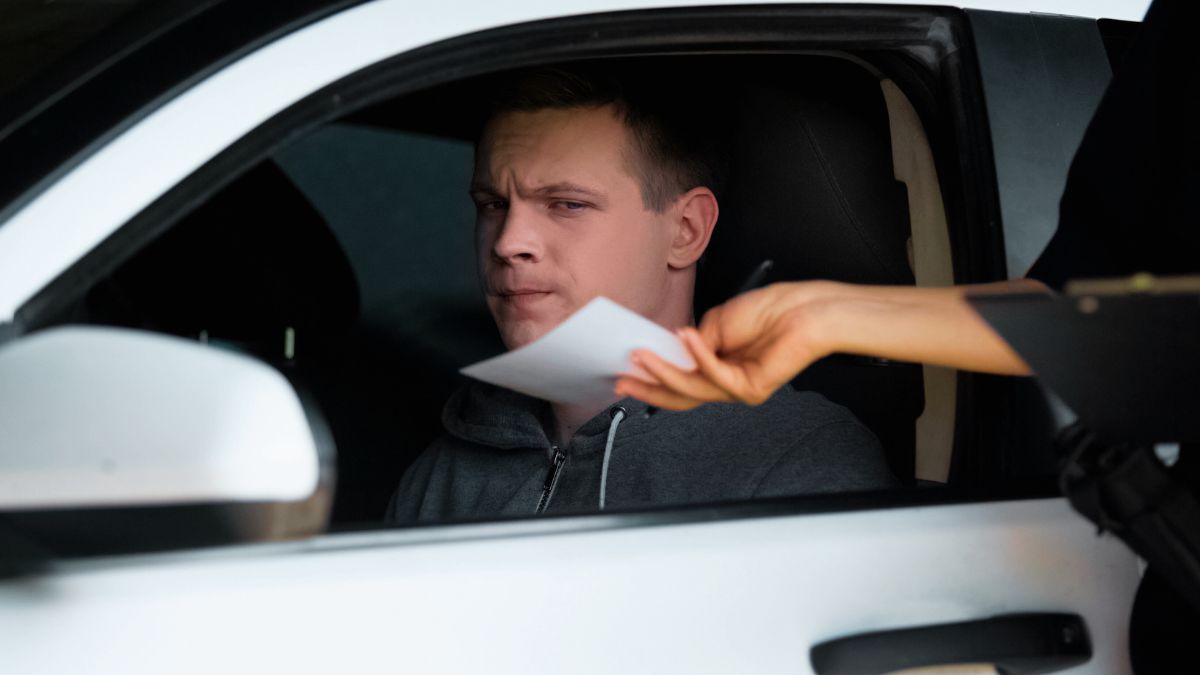
Reversing fines in Germany. Traffic fines in Germany. For many drivers, reversing when parking, leaving a property, or making a U-turn is just a part of daily driving. However, few realize that it can lead to fines of up to 700 euros. While most drivers see reversing as a normal part of traffic, certain actions can result in hefty financial penalties.
Reversing fines in Germany
In Germany, you can also get a ticket even when you’re not driving, such as for being in prohibited zones on New Year’s Eve. However, no situation offers as many opportunities to break the law as everyday road traffic. Even using reverse gear can lead to a fine of up to 700 euros. While reversing when parking is something most drivers do regularly, there are situations where it can be riskier than many realize. There are clear rules in place to protect both your safety and your wallet. One key rule is that when reversing, you must drive at walking speed. Going faster than 7 kilometres per hour can be considered dangerous in traffic. But that’s not all—there are other ways you could end up with a 700-euro fine.
Read also: What to Expect When Entering Germany in April 2025
Reversing penalties in Germany: What you need to know
On regular roads, minor offences usually lead to small fines. For example, driving too fast in reverse violates the “duty of care” rule, resulting in a fine of 35 euros. However, if you endanger others while reversing, the fine increases to 80 euros, and you also get a point in Flensburg. If you cause an accident while reversing, the fine can rise to 100 euros. Since such offences are much riskier on the motorway, the fines are higher. Reversing on an exit ramp or entrance costs 75 euros, and doing so on the hard shoulder can result in a fine of 130 euros. The highest penalty occurs when you face a fine of 700 euros for driving in reverse.
700 euro fine for this offense: Why it’s not enough
Driving in reverse on the highway is extremely dangerous and can lead to a significant fine. This behavior poses a serious risk of accidents and has no place in road traffic. The high penalty for such actions is fully justified, as it endangers everyone on the road.
It’s also important to remember that in Germany, reversing on a one-way street is prohibited, except in specific cases. According to the Federal Court of Justice (BGH), reversing is only allowed if it’s directly related to parking or backing out of a property onto the street. This rule came into play in a case where a driver reversed a few meters to make space for a car leaving a parking spot. However, while doing so, the woman collided with another vehicle behind her. In November 2023, her insurance company determined that she was 40% liable for the accident. The driver of the other car took the case to court, seeking the remaining 60% of the liability. The district court initially sided with him, but the regional court later overturned the decision on appeal, dismissing the lawsuit.
